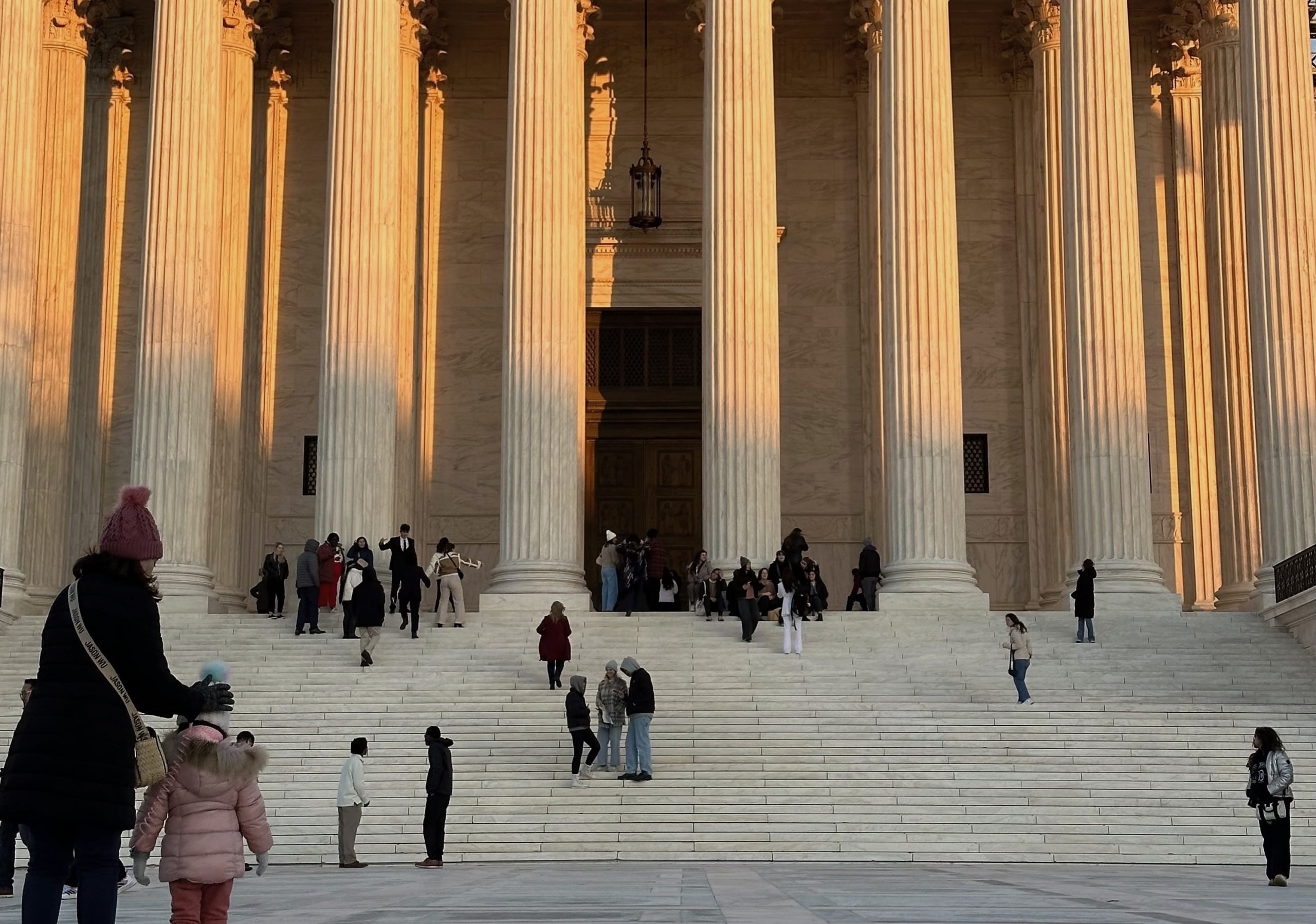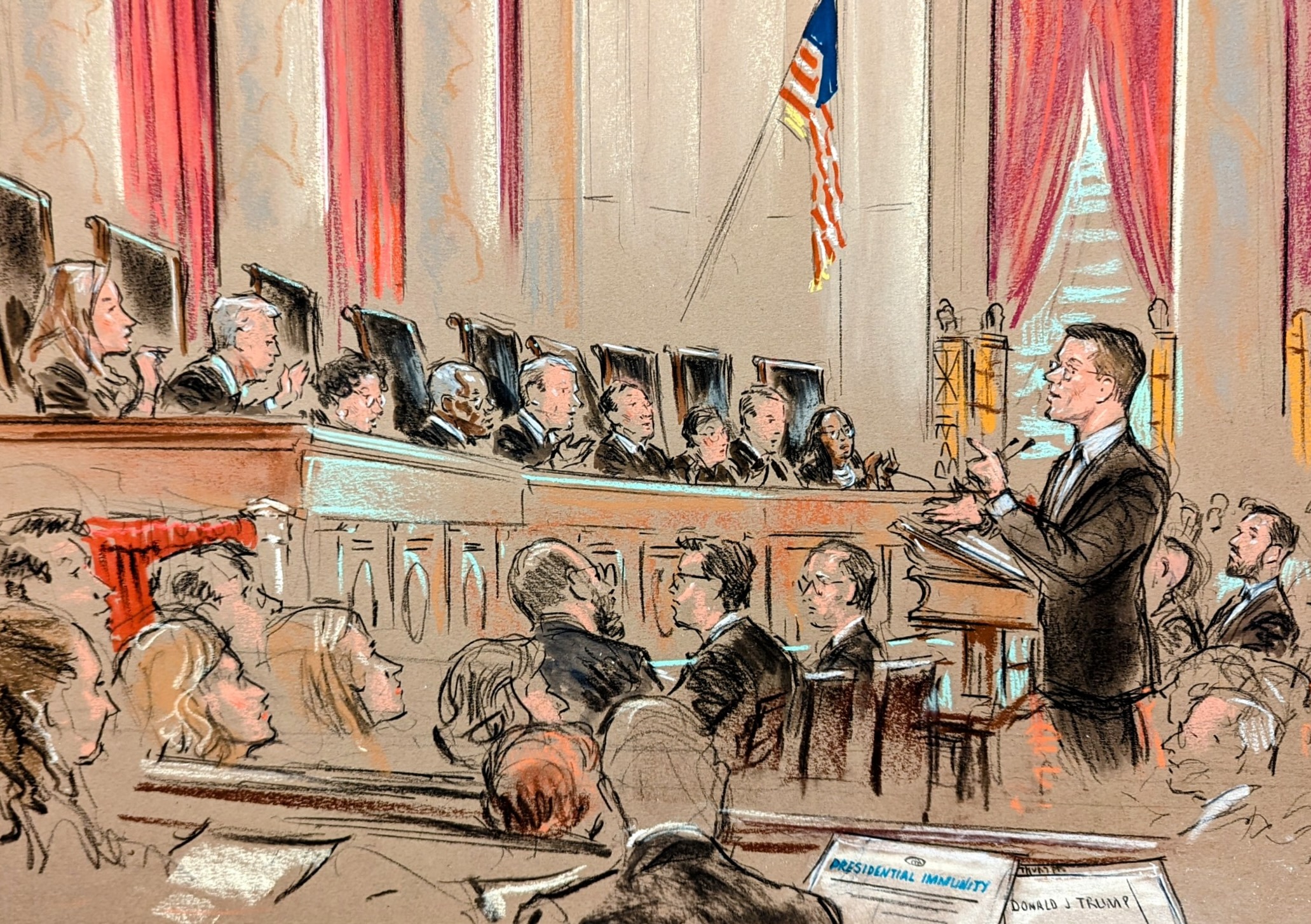Supreme
SCOTUS NEWS
Chiles came to the Supreme Court in November, asking the justices to hear her case. She She The In Harold Other federal courts of appeals would allow his lawsuit to move forward without the affidavit of merit, he contended, on the theory that the state requirement is inconsistent with the federal rules that outline what plaintiffs must provide when bringing a lawsuit – and do not impose such an additional obligation.
One purpose of those federal rules, Berks stressed, is to “bring about uniformity in the federal courts by getting away from local rules.” “That purpose,” he told the justices, “is undermined when federal courts allow a patchwork of state procedural rules to govern, creating a chaotic landscape where litigants face dramatically different procedural standards based solely on where they file.”
The Supreme Court on Monday turned down a bid by 19 Republican-led states to file a case directly in the Supreme Court to block lawsuits brought by five other states against oil and gas companies, alleging that the companies knew that their products contributed to climate change but instead misled the public about the cause of climate change and the risks of fossil fuels.
Thomas dissented from the decision not to allow the case to move forward in the Supreme Court, in a three-page opinion joined by Alito.
The Republican-led states came to the Supreme Court last spring, seeking permission to file their lawsuit in the Supreme Court. The In a brief filed in December, Elizabeth Prelogar – the U.S. solicitor general during the Biden administration – urged the court to turn down the Republican-led states’ bid and allow the disputes to play out in the state courts instead.
Prelogar contended (among other things) that the states did not have a legal right to sue, known as standing, to bring their case. She She “But even then,” she wrote, “those directly affected would be the private companies, not the” Republican-led states or their citizens.
Thomas reiterated his skepticism that the Supreme Court can decline to take up lawsuits pitting states against each other. “This discretionary approach,” he wrote, “is a modern invention that the Court has never persuasively justified.” And the approach is particularly “troubling,” he continued, because it “leaves the 19 plaintiff States without any legal means of vindicating their claims against the 5 defendant States.”
The Supreme Court also turned down an invitation to overrule the half-century-old framework, first outlined in McDonnell Douglas Corp. v. Green, used when plaintiffs do not have direct evidence to show that they were the victims of employment discrimination.
Thomas once again dissented from the decision not to intervene, this time in a nine-page opinion joined by Justice Neil Gorsuch.
The question comes to the court in the case of a California fire chief who claims he was fired because of his religion – specifically, for attending a Christian leadership event. The The The He At the very least, he contended, the court should clarify what a plaintiff needs to show at the third step of the McDonnell Douglas framework to demonstrate that the nondiscriminatory reason that an employer offers to justify its actions is actually just an excuse.
Arguing that the Supreme Court “appears to have” created the McDonnell Douglas test “out of whole cloth,” Thomas (joined by Gorsuch) would have granted Hittle’s petition for review and used his case as an “opportunity to revisit McDonnell Douglas and decide” whether the test “remains a workable and useful evidentiary tool.” Hittle’s case would have been an appropriate one in which to consider that question, Thomas explained, because Hittle had “presented ‘ample’ evidence of discriminatory intent on the part of those who decided to terminate him.” Therefore, Thomas concluded, the lower courts should not have ruled for the city.
The justices once again did not act on several other high-profile petitions for review that they considered last week, including a pair of cases contesting Maryland’s ban on assault-style weapons and Rhode Island’s bar on large-capacity magazines, as well as the case of a Massachusetts middle schooler who was barred from wearing a t-shirt to school reading “There Are Only Two Genders.”
The justices will meet again on Friday, March 21, to consider new petitions for review. The






